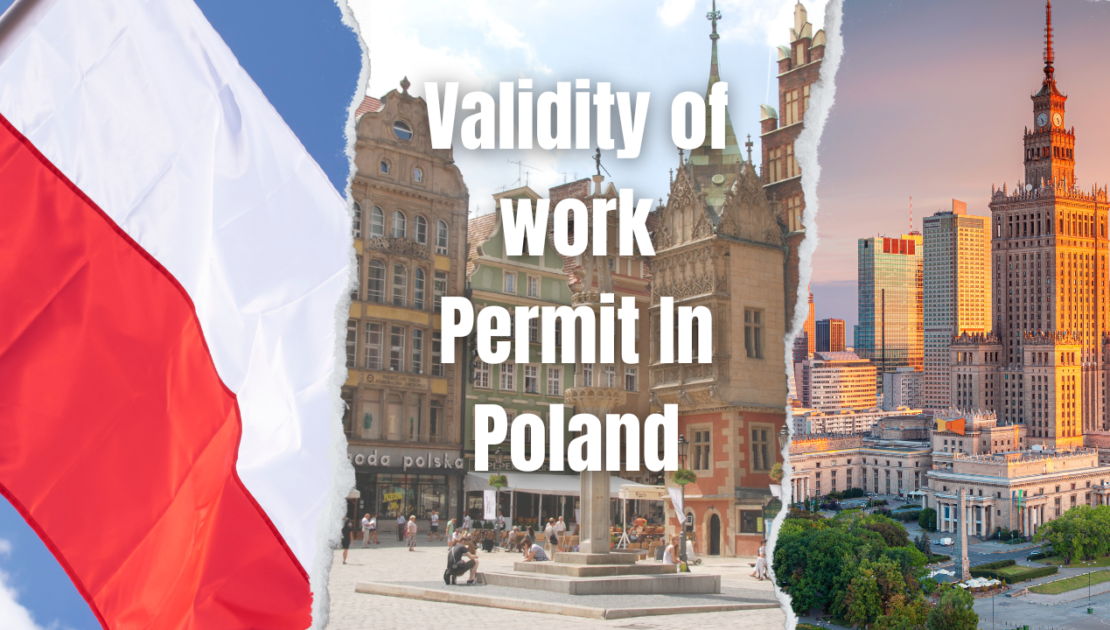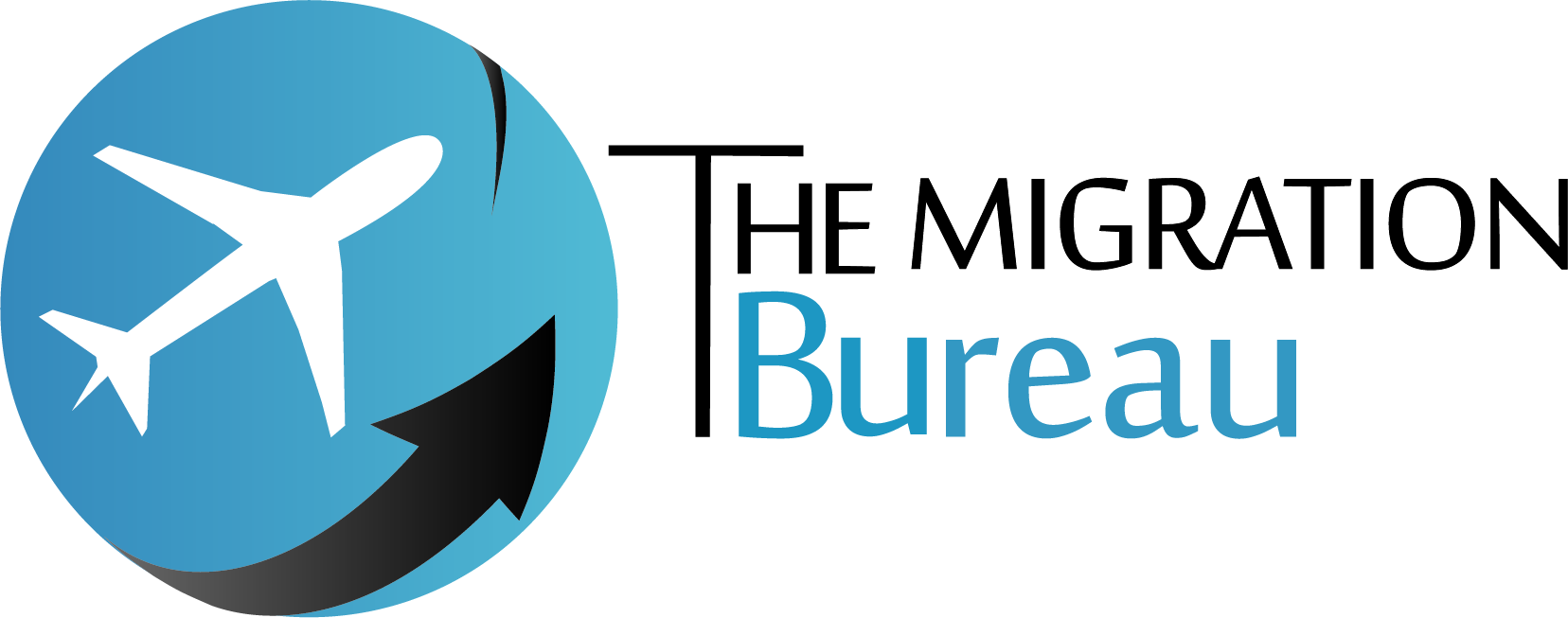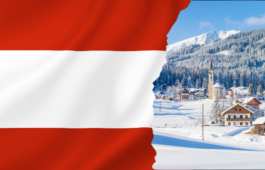- 15 May 2024
- Admin
- No Comments

Validity Of Work Permit In Poland
A work permit serves as official authorization for a foreign national to engage in employment within a specific country. However, not every circumstance involving a foreign individual necessitates the acquisition of a work permit. As stipulated in Article 87, Sections 2 through 4, of the Act of 20th April 2004 concerning employment promotion and labor market institutions, certain exemptions exist for foreigners regarding the mandatory requirement of obtaining a work permit. These exemptions delineate instances where foreign individuals are not obligated to possess a work permit to legally undertake employment activities within the country’s jurisdiction. This legal framework outlines specific conditions or categories of foreign individuals who are exempt from the typical work permit requirement, thereby facilitating easier access to employment opportunities for certain groups within the foreign population. Understanding these exemptions is crucial for both foreign nationals seeking employment and employers navigating the legal landscape of workforce recruitment and management.
- Foreign individuals holding a temporary residence permit within the Republic of Poland, granted under the conditions delineated in Article 144, Article 151, Paragraphs 1 or 2, Article 158, Section 2, Paragraphs 1 or 2, Article 161, Section 2, Article 176, or Article 186, Paragraph 1, Points 3 or 4, as specified in the Act of December 12, 2013, concerning foreigners, are exempt from the obligation to obtain a work permit.
- Individuals who are married to either a Polish citizen or a foreigner meeting the criteria outlined in point 1 and section 1, items 1 through 6 of the Act, and who hold a temporary residence permit in the Republic of Poland granted due to marriage, are exempt from the requirement to obtain a work permit.
- Those who are descendants of either a Polish citizen or a foreigner falling under items 1 and 2, as well as paragraph 1, items 1 through 6 of the Act, and who possess a temporary residence permit within the Republic of Poland, are exempt from the necessity of obtaining a work permit.
- Individuals with a temporary residence permit within the Republic of Poland, granted in accordance with Article 159, Paragraph 1 of the Foreigners Act, are exempt from the requirement to obtain a work permit.
- Individuals residing within the territory of the Republic of Poland under the conditions specified in Article 108, Section 1, Paragraph 2, or Article 206, Paragraph 1, Point 2 of the Foreigners Act, or based on a stamp affixed in their travel document confirming the submission of an application for a long-term resident’s European Union residence permit, are exempted from the requirement of obtaining a work permit if they were previously exempt from this obligation prior to submitting the aforementioned application.
- Individuals possessing an active Pole’s Card.
- Individuals authorized to reside and work within the territory of a European Union Member State, a European Economic Area country outside the EU, or the Swiss Confederation, and who are employed by an employer domiciled in that country, temporarily dispatched by said employer to render services within the territory of the Republic of Poland.
- Under international agreements or specific regulations, work can be conducted without necessitating a permit.
Work Permit for a Foreigner – Validity Date
A work permit for a foreign national is granted for a designated duration, typically not exceeding three years. The duration of the permit is contingent upon various factors, such as the nature of the job, the duration of the employment contract, and the individual’s desired length of employment in Poland.
Detailed information regarding the validity of the work permit can be found in Article 88e of the Act dated April 20, 2004, concerning employment promotion and labor market institutions.
- A work permit is granted for a specific duration, not exceeding three years, and can be renewed if necessary.
- If a foreign individual holds a position on the management board of a legal entity that, at the time of application submission, employs over 25 individuals, the regional governor has the authority to issue a work permit for a duration of up to five years.
- When a foreign individual is delegated by a foreign employer to provide export services, the regional governor issues a work permit for the duration of the delegation.
- In instances outlined within the criteria mentioned in Article 10, Section 3, the regional governor has the authority to restrict the duration for which the work permit is granted.
- The regulations concerning the issuance of a work permit shall similarly apply to its extension.
Keep in mind that should a foreign individual hold a position on the management board of a legal entity, such as a commercial company, which, at the time of application submission, employs over 25 individuals, the regional governor has the discretion to grant a work permit for a duration of up to five years. Similarly, in instances where a foreign employer delegates an individual to provide export services, the regional governor issues a work permit for the duration of the delegation, contingent upon the specifics of each case.
- The duration of the issued permit can be prolonged, provided that a pertinent application for extension is submitted. This application must be lodged no sooner than 90 days and no later than 30 days prior to the expiration of the permit. It should be directed to the regional governor responsible for your registered address or place of residence, or to the Mazowieckie regional governor in cases where the nature of the foreign individual’s work prevents the specification of a primary work location.
- It’s notable to mention that, in response to the ongoing COVID-19 pandemic both domestically and globally, the validity periods of existing work permits for foreign nationals have been automatically extended by law. This extension encompasses the duration of foreign nationals’ work permits, seasonal work permits, as well as decisions pertaining to their extensions, along with the allowable duration of work based on declarations of entrusting work to foreign nationals, by the duration of the Epidemic/Epidemic Staging Area plus an additional 30 days. This automatic extension of work opportunities applies to documents set to expire during an epidemic emergency or epidemic. Essentially, if a permit’s validity period coincides with pandemic restrictions, it will be extended accordingly from the conclusion of the epidemic within the territory of Poland.
A work permit for a foreign national is a time-limited document valid for a specified duration. Typically, such permits are valid for up to three years, with exceptions allowing for up to five years in certain circumstances. However, foreign nationals have the option to request an extension of their permit’s validity period, which must be communicated within a designated time frame directly to the appropriate regional governor. Amid the COVID-19 pandemic restrictions in Poland, all work permits for foreign nationals are automatically extended by legal mandate.
The work permit remains effective for the duration specified upon issuance, as indicated on the document itself. It is mandatory for individuals to possess a work permit when engaging in employment, regardless of whether it is through traditional employment contracts or civil law agreements.










